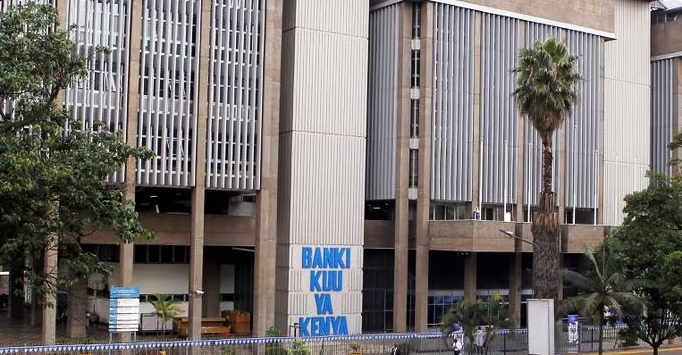The Central Bank of Kenya (CBK) has accepted KSh 179.77 billion in a tap sale of two infrastructure bonds, far exceeding its initial KSh 50 billion target.
The outcome highlights extraordinary investor appetite but also stretches the traditional concept of a tap sale, which is usually a modest top-up rather than a near full reopening.The tap sale, conducted between 19–21 August 2025, followed last week’s reopening that had already posted record demand.Investors placed KSh 323.43 billion against an offer of KSh 90 billion on 18 August, with CBK accepting KSh 95.01 billion.
Both the reopening and the tap were the first since the bonds were initially issued.
Tap Sale Results – 25 August 2025
CBK accepted KSh 179.77B in a tap sale after rejecting KSh 228B in the reopened auction.
There was strong demand across the curve with total bids at KSh 207.45B.
| Bond Issue | Tenor | Accepted Amount (KSh Bn) | Yield (%) |
|---|---|---|---|
Bond Histories and Market Context
For IFB1/2018/015, this is the first reopening and tap sale since its primary issuance in January 2018, when the government raised just KSh 16.48 billion. With the tap alone accepting KSh 127.98 billion, the outstanding size has now expanded more than eightfold.
For IFB1/2022/019, this is also the first reopening since its February 2022 launch, when it raised KSh 98.38 billion. The KSh 51.79 billion accepted in the tap now pushes its total outstanding comfortably above KSh 150 billion.
The twin actions of reopening and tapping show CBK is using long-dormant, tax-free bonds to mop up market liquidity and raise large sums for infrastructure. But by taking almost all the rejected bids from the reopening, CBK has blurred the line between a capped tap and a full-fledged reissue. Analysts note this risks diluting the scarcity premium investors expect from tap sales.
With nearly KSh 275 billion now raised across the reopening and tap, CBK has significantly expanded the government’s infrastructure bond stock. Secondary market trading is likely to rise as unallocated funds flow to the NSE, providing liquidity for these long-dated papers.
